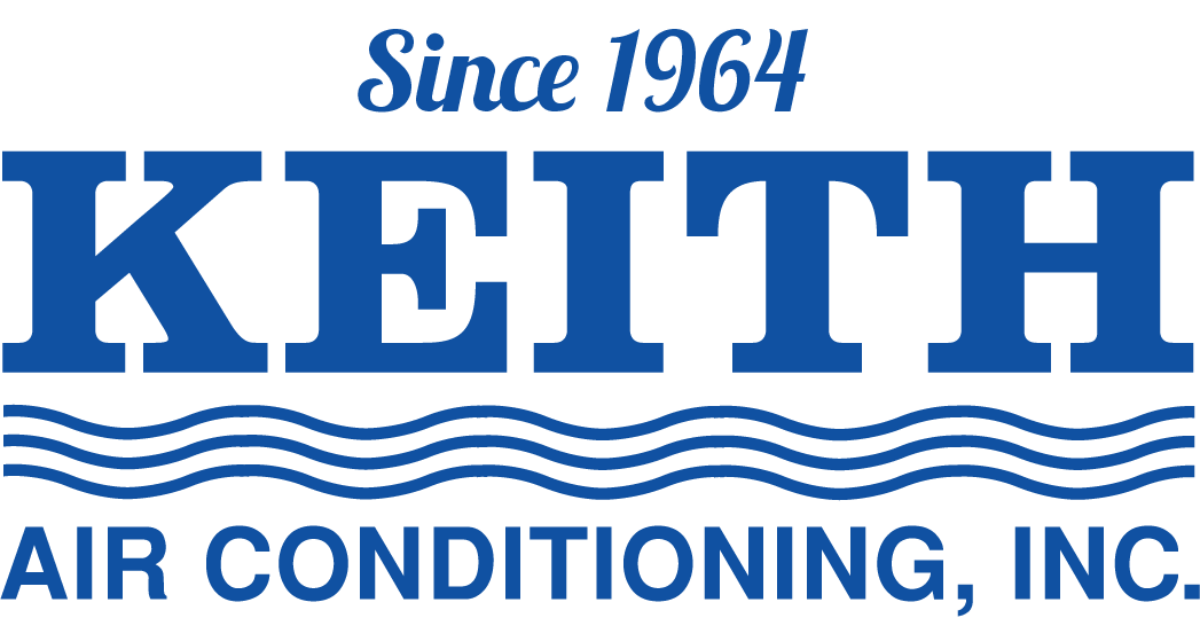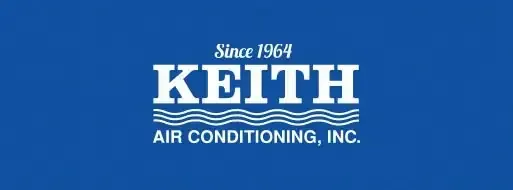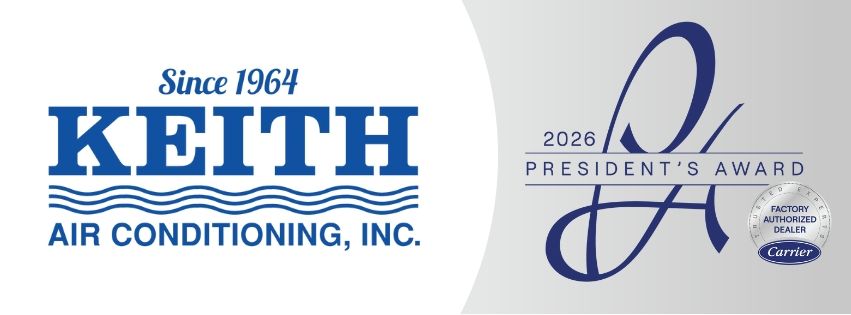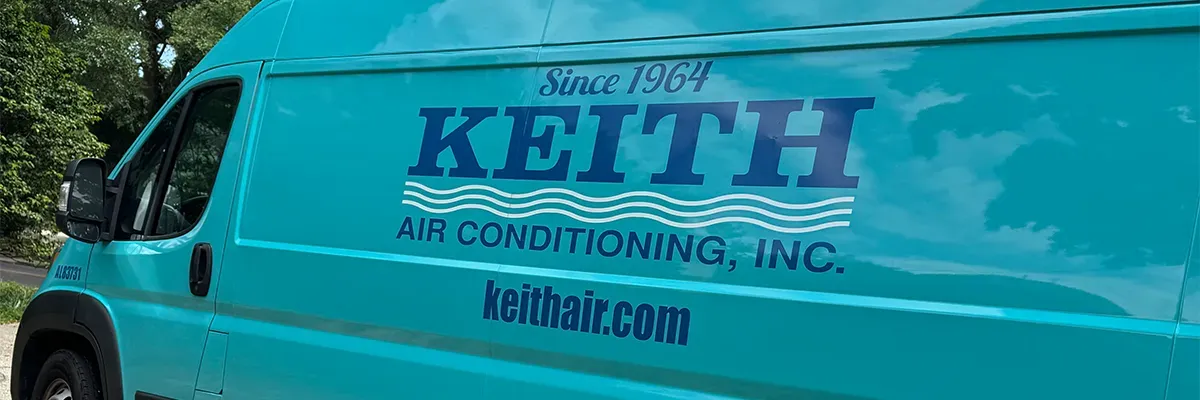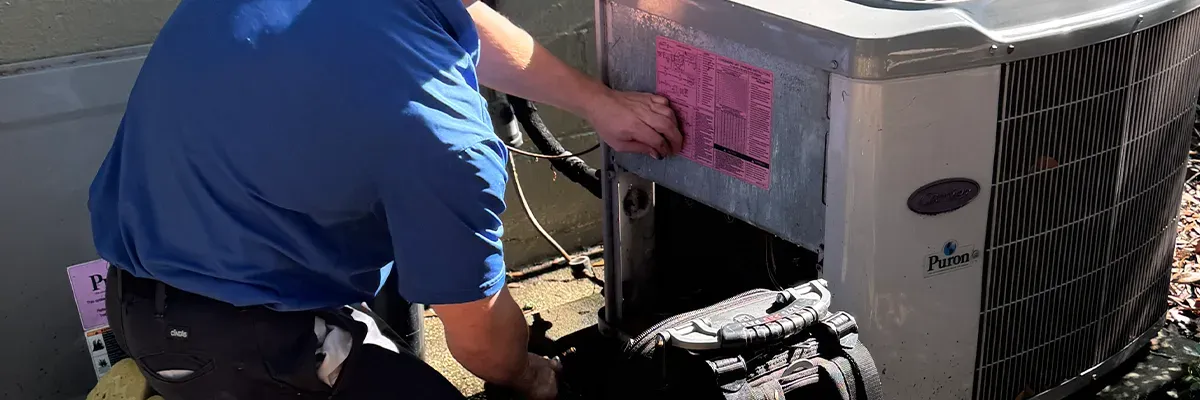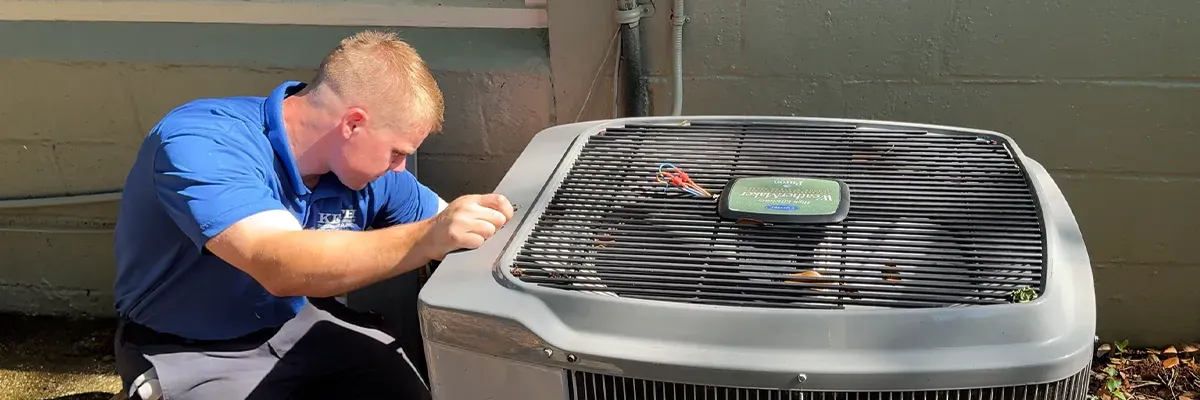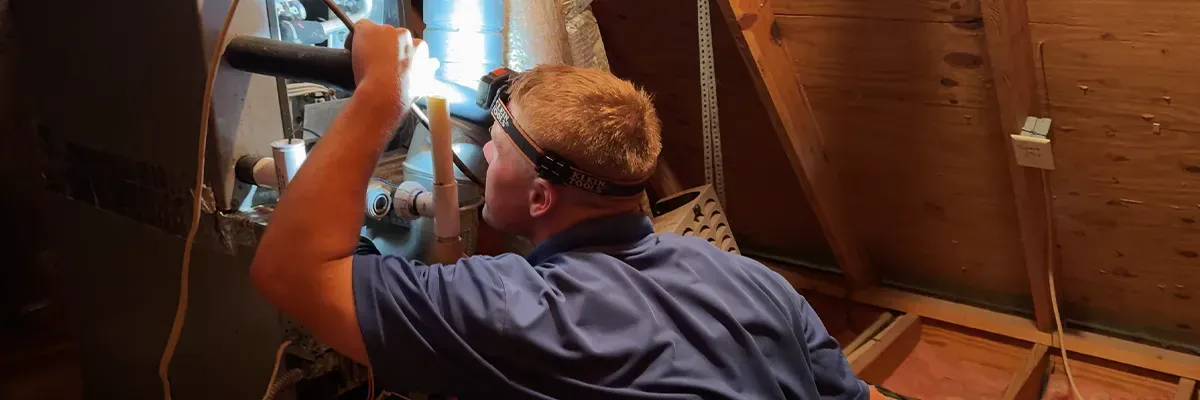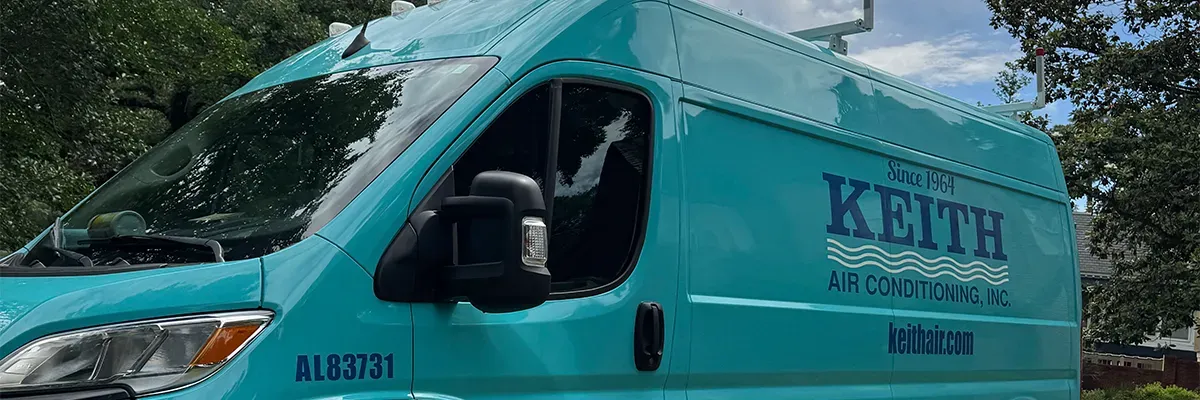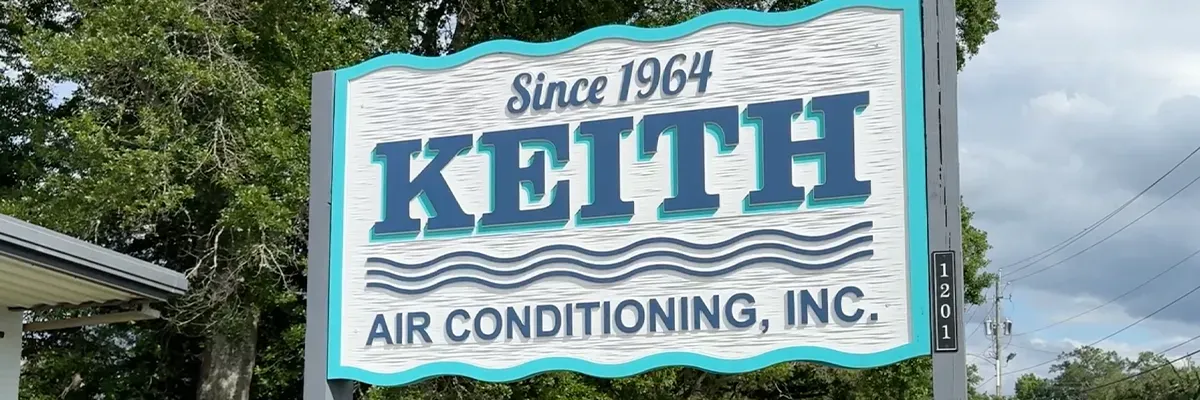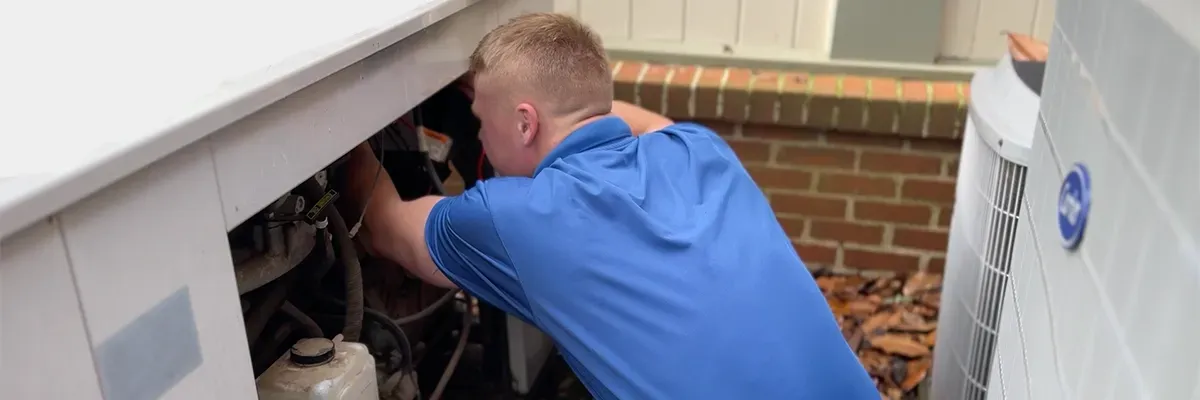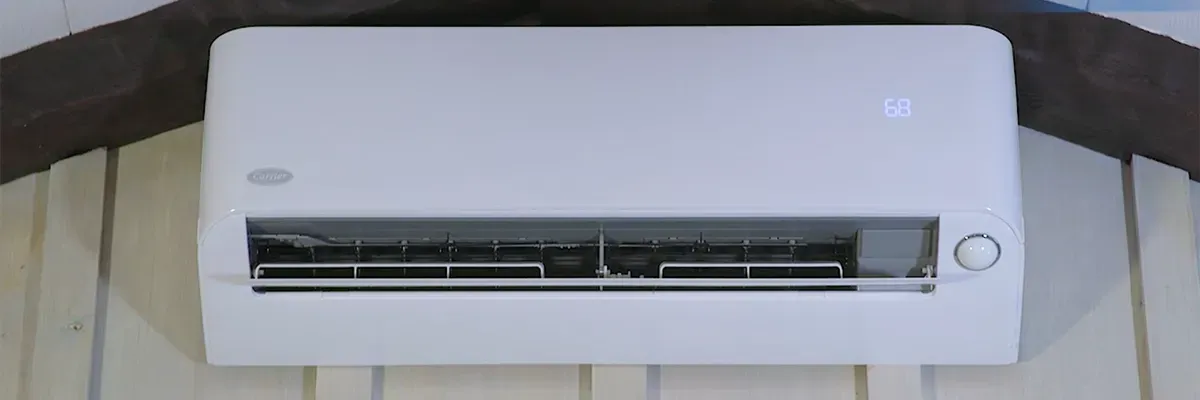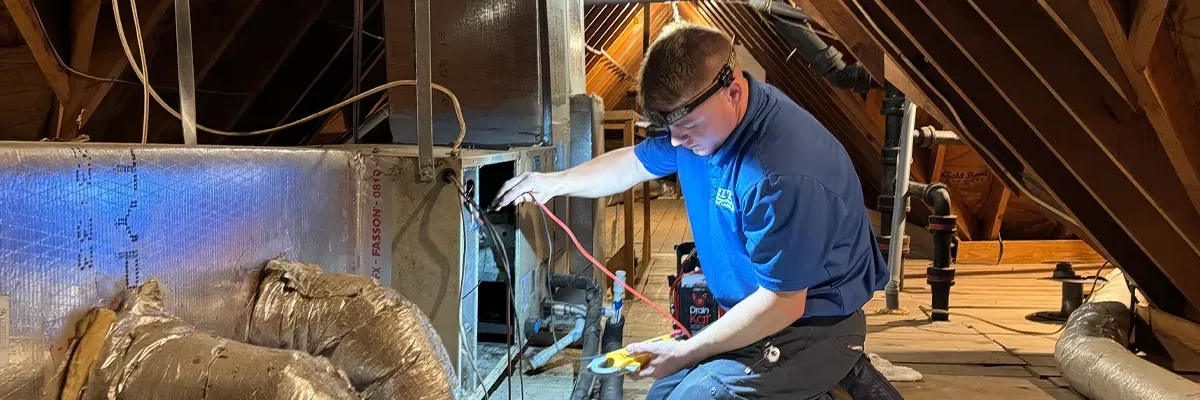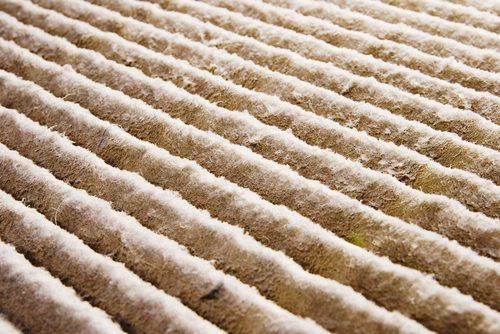
Running your cooling or heating equipment with dirty air filters is the ticket to high energy bills, more equipment breakdowns and worsening indoor air quality. Although the air filter may not seem like a major component of your HVAC system, it does a lot to protect parts and maintain original efficiency levels.
- High energy bills. When the filter is clogged, less air passes through it, which means less air enters the air handler. It takes longer for the system to cool your home, driving up energy consumption. Dust can cover the evaporator coil that contains the refrigerant that removes the heat from your home. The dust acts as insulation, slowing the cooling process even more. Dust inside the air handler can cover the fan and motor with dust. When dust builds on the fan blades, it slows them down, reducing the airflow through the system even more. A motor covered in dust can build heat, which can shorten its life.
- Equipment breakdowns. Running an A/C or heat pump over a prolonged period with a dirty air filter can cause the evaporator coil to freeze over. If it continues to run, the frost will build to the point where no air passes over the coil and cooling stops. The refrigerant in the system will return to the compressor as a liquid, which can seriously harm this essential component of your A/C or heat pump. When the frost melts, it may overwhelm the drain pan for the cooling system and cause water damage to the air handler, and on floors and walls.
- Compromised air quality. The dirty filter eventually pulls particles into the ductwork that can degrade indoor air quality. Indoor air particulates include dust, pollen, pet dander and dust mite waste. When these enter the system, they’ll circulate throughout your home’s air, irritating anyone with respiratory issues.
If you’d like more information about dirty air filters, please contact the pros at Keith Air Conditioning. We’ve provided outstanding HVAC services for Mobile and Baldwin County homeowners since 1964.
